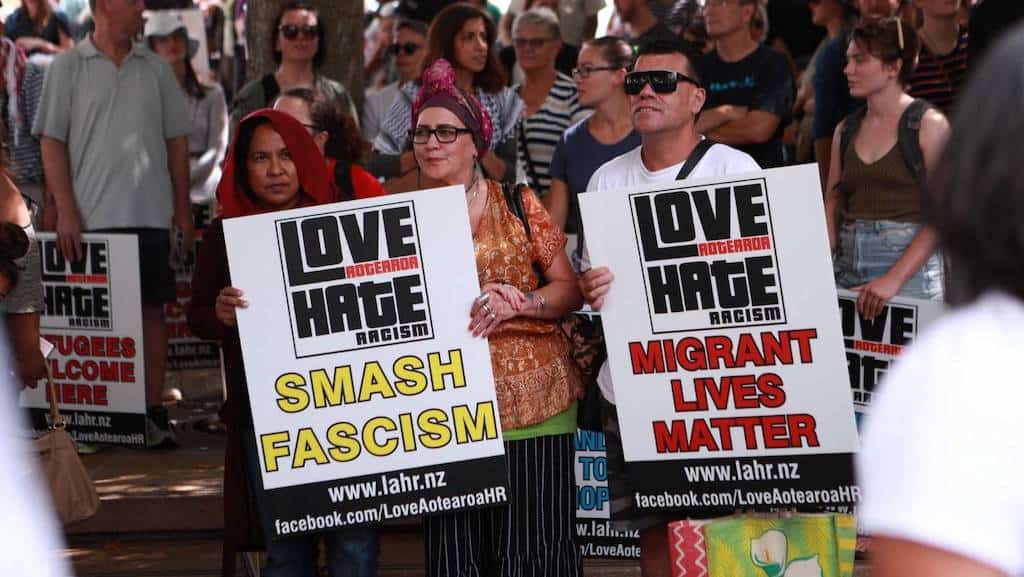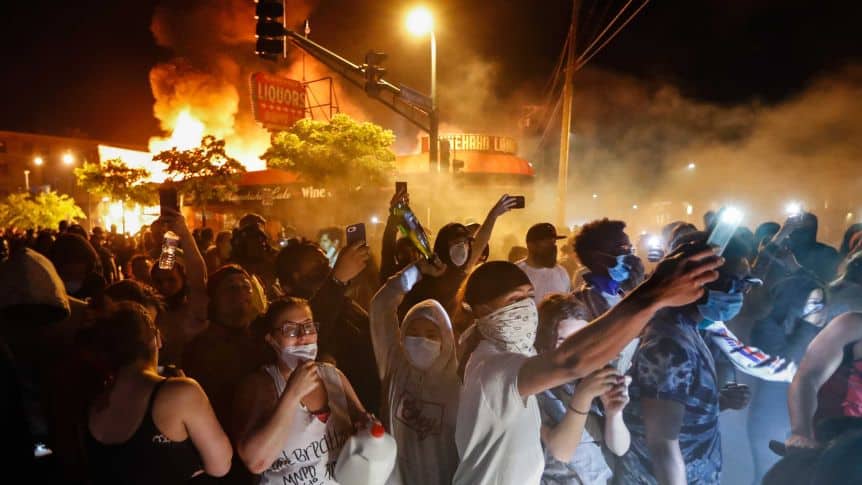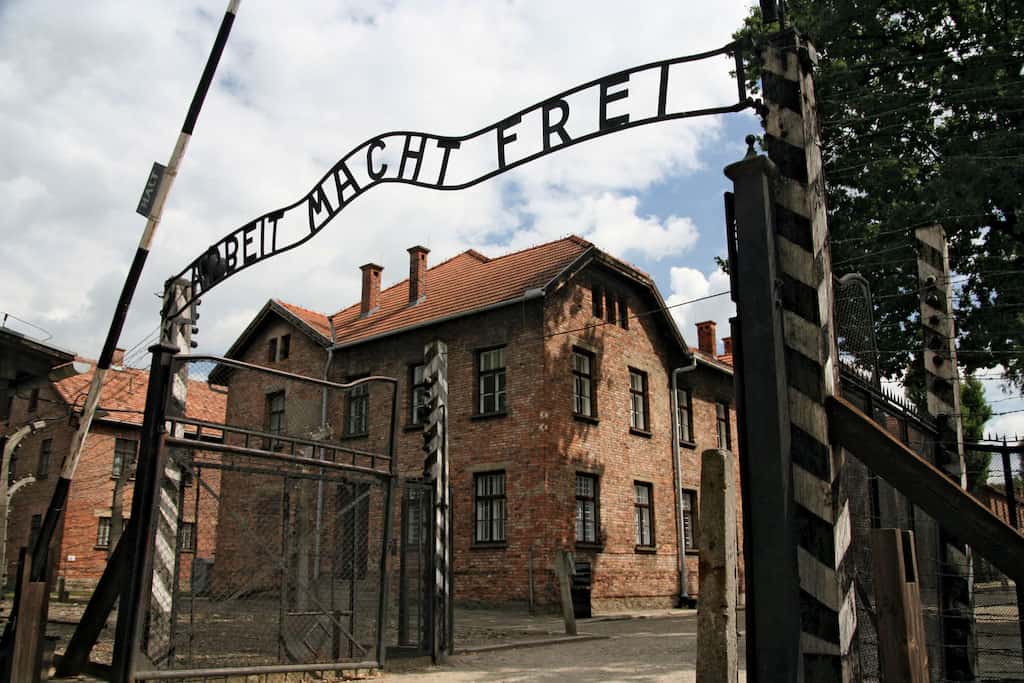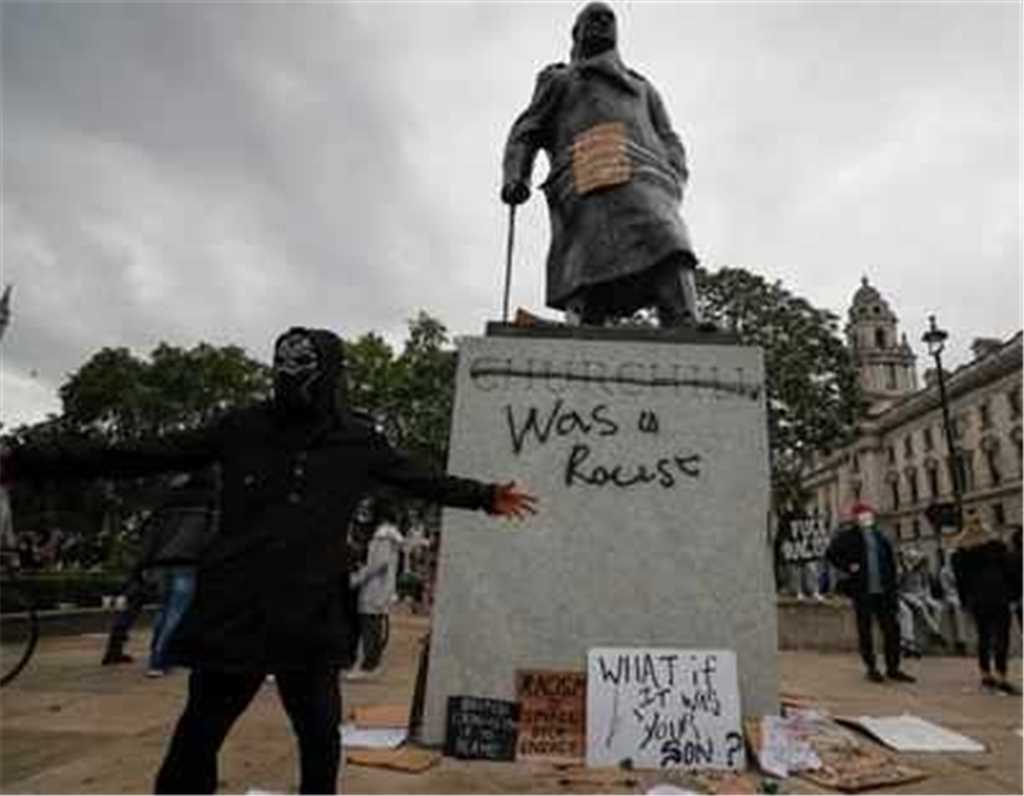There’s worldwide rage at entrenched racism but will pulling down statues achieve anything at all? PAT PILCHER thinks not.

Many want to unplug 2020 and plug it back in again to see if they can get it working properly. We’ve seen a global pandemic infecting millions and killing hundreds of thousands. A thoughtless act of police brutality saw US cities burning amidst protests as Trump hid out in a bunker.
Things kicked off when George Floyd got arrested on a charge of passing a counterfeit $20 bill. Floyd died after Derek Chauvin, a police officer, pressed his knee to Floyd’s neck for nine minutes during the arrest.
Floyd got handcuffed face down in the street. Two police officers helped restrain him, as a fourth prevented onlookers from intervening. For the last three minutes of Floyd’s life, he was motionless and had no pulse. The police officers didn’t even attempt to revive him. More chilling still, Chauvin kept his knee on Floyd’s neck as emergency medical technicians tried to revive him. Video footage of Floyd’s death hit social media and circulated around the world.

Protests kicked off in Minneapolis and soon spread to major US cities. The protests were for the most part peaceful. Pockets of rioting and looting did happen, and they soon became the focus of US media.
Anger at Floyd’s death spread around the world. Protests also happened in New Zealand. Covid-19 infection was a risk, but thousands flouted social distancing to show their anger. Politicians and outraged social media users weighed in, expressing their disapproval. Still, most applauded the fact that New Zealand was a place where people spoke up.
While no cities burned, feelings ran high. New Zealanders from many backgrounds – fed up with racism in NZ – protested.

It isn’t hard to see why. The figures around race relations in New Zealand are telling. According to the Human Rights Commissions “Give Nothing” campaign, “one in three complaints made to the Human Rights Commission are about racial discrimination.” If anything, the actual number could be far higher as many who experience racism don’t lay complaints.
The Human Rights Commission also says, “We’re seeing an increase in overt racist attacks. People from some ethnic minorities tell us they’re scared, and they’re particularly scared for their children”. Department of Corrections March 2020 Prisons Facts and Statistics make for grim reading. Their data shows that over half of New Zealand’s prison population – a staggering 52.8 per cent – are Maori.
Pacific Island and Maori also make up the lion’s share of NZ’s unemployed. The Household Labour Force Survey says unemployment is about 6.7 per cent. While that isn’t bad by global standards, the figures, when examined by ethnicity, are grim. The unemployment rate for Pakeha is 5.3 per cent. This rises to a whopping 14.1 per cent for Maori and 15.8 per cent for Pacific islanders. Something is not right in our pavlova paradise.
US events sparked greater race-relations awareness in NZ. As BLM (Black Lives Matter) protestors in the UK were shown toppling the statue of Bristol merchant and slave trader Edward Colston, a growing number of people here want statues removed.
Their argument goes like this: The person who the offending statue commemorates was a racist (or was involved in historical injustices against Maori). We should not remember them. We should remove them.
I get this. Their argument sounds compelling. But (there’s always a but) it ignores several important details.
Removing a statue may give people a feeling of achievement. It’s also a powerful gesture. But the reality is that removing statues won’t fix the racism that’s present in New Zealand. As a country, we all need to agree on what it is that we want to achieve. If we are to stamp out racism, we’ll need policies that are far-reaching. This will involve a lot more than tearing down statues. We’ll need to perform a far more difficult feat. We’ll need to change the prevailing culture and entrenched attitudes within New Zealand’s population.
Then there’s the not so small issue of the role some of these statues could play. A few years ago, I travelled to Krakow in Poland. While there, I visited Auschwitz. It was a moving experience. It hardened my resolve to speak out against fascism, racism, and other discrimination. School children from a bordering German state were also there. It turns out that a visit to Auschwitz for these kids was mandatory. This was so they could learn about their country’s horrid past first-hand. If Auschwitz had been bulldozed, what occurred there would be lost in history books. Auschwitz would soon get forgotten.
The significance of this cannot get overstated. In 1948, Winston Churchill said, “Those who fail to learn from history are condemned to repeat it”. (And some are trying to topple Winston’s statue).

Based on this, might it not be smarter to keep the offending statues? They could be re-framed to show people that the person commemorated did some not-so-great acts. We could even learn from them. A plaque placed on the statue providing an unvarnished version of the person’s role in history is likely to be far more effective than removing the statue.
Either way, the reality is that removing statues won’t fix any race relations issues. A long-term approach that has the agreement of all political parties is needed. This is so that gains made are not reversed with any change of government. Changing such an entrenched part of our culture isn’t going to be easy, but it must happen.














